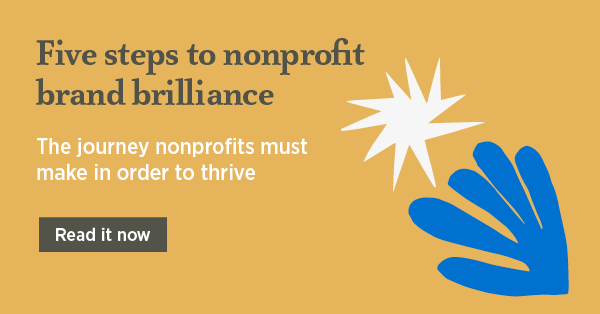At Freerange Future, we spend a lot of time thinking and talking about values. Core values are the guiding beliefs and principles of an organisation. They set the tone for strategy, relationships and decision making. When an organisation clearly defines its values then truly lives them, it can reach new heights. You can see our core values here.

Values are especially important for nonprofit organisations because people connect strongly with causes that are aligned with their own values. While there are many ways to explore values, an approach that is particularly relevant to nonprofits is to consider intrinsic vs extrinsic values.
The Common Cause Handbook is a fascinating exploration of how values influence our decision making and the implications of this for nonprofits and charities. Research has shown that there are many fundamental human values that we all have in common. While languages, cultures, political systems and religions vary, these values are common to all of us. More than fifty of these values have been defined and they can be broadly divided into two groups: intrinsic and extrinsic.
Intrinsic values are those which are inherently rewarding; such as creativity, social justice and connection with nature. Extrinsic values are centred on external approval or rewards; for instance wealth, social status, self image and personal security. We’re each motivated by all of of these values to some degree and our dominant personal values can change through our lives.
Consumer culture consistently influences people by manipulating extrinsic values. Advertisers play on people’s fears and self interest in order to sell more stuff. Governments are also happy to push these buttons in order to get elected or pass a budget. This approach has been so effective that our dominant cultural values have shifted significantly in the last fifty years.
When we’re primarily motivated by extrinsic values, we put ourselves first. The effects on others, society and the wider world is not always positive. What motivates us also affects our own wellbeing. Ironically, extrinsic values have also been shown to undermine our levels of personal wellbeing.
The aim of Common Cause is to make a more sustainable, equitable and democratic world by building an empowered, connected and durable movement of citizens. They believe that it’s not possible to achieve this kind of movement through appeals to people’s fear, greed or ego since such motivations tend to produce shallow, short-lived types of engagement. To achieve this goal those whose motivation is to do good, need to consistently promote intrinsic values and help shift the culture in that direction.
In communicating the causes and values of nonprofits and charities, we all have a part to play in this mission while engaging with our communities in an effective and sustainable way.
If you’d like to learn more about nonprofit branding and the key role of values in defining a brand, download our eBook Five Steps to Nonprofit Brand Brilliance…



